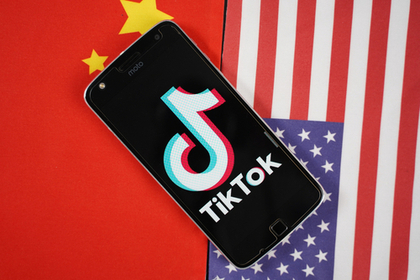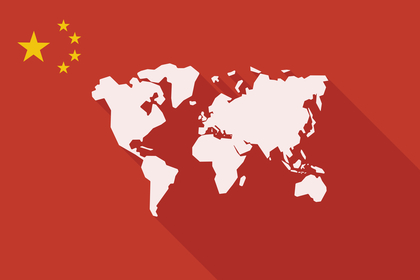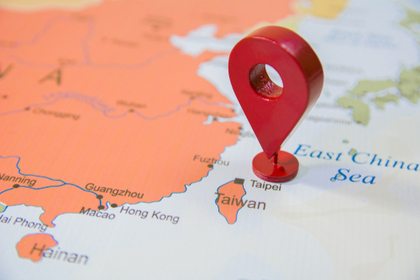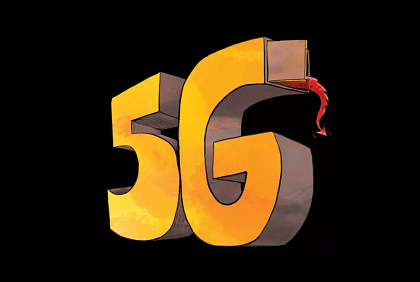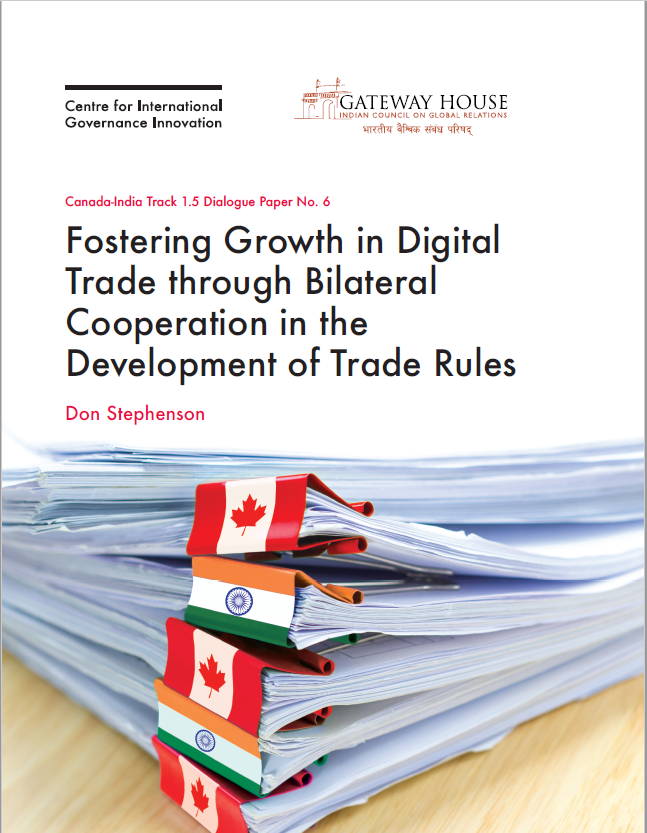Digital governance, the way forward for global economy
Both India and Canada have interests in strong multilateral systems. WTO and other institutions help create a network of alliances and norms, essential to function in a global economy. India-Canada should collaborate on developing overarching principles, as neutral third parties to develop broad principles to guide the technology exchange across borders that could act as a beacon similar to the UNDHR document.





